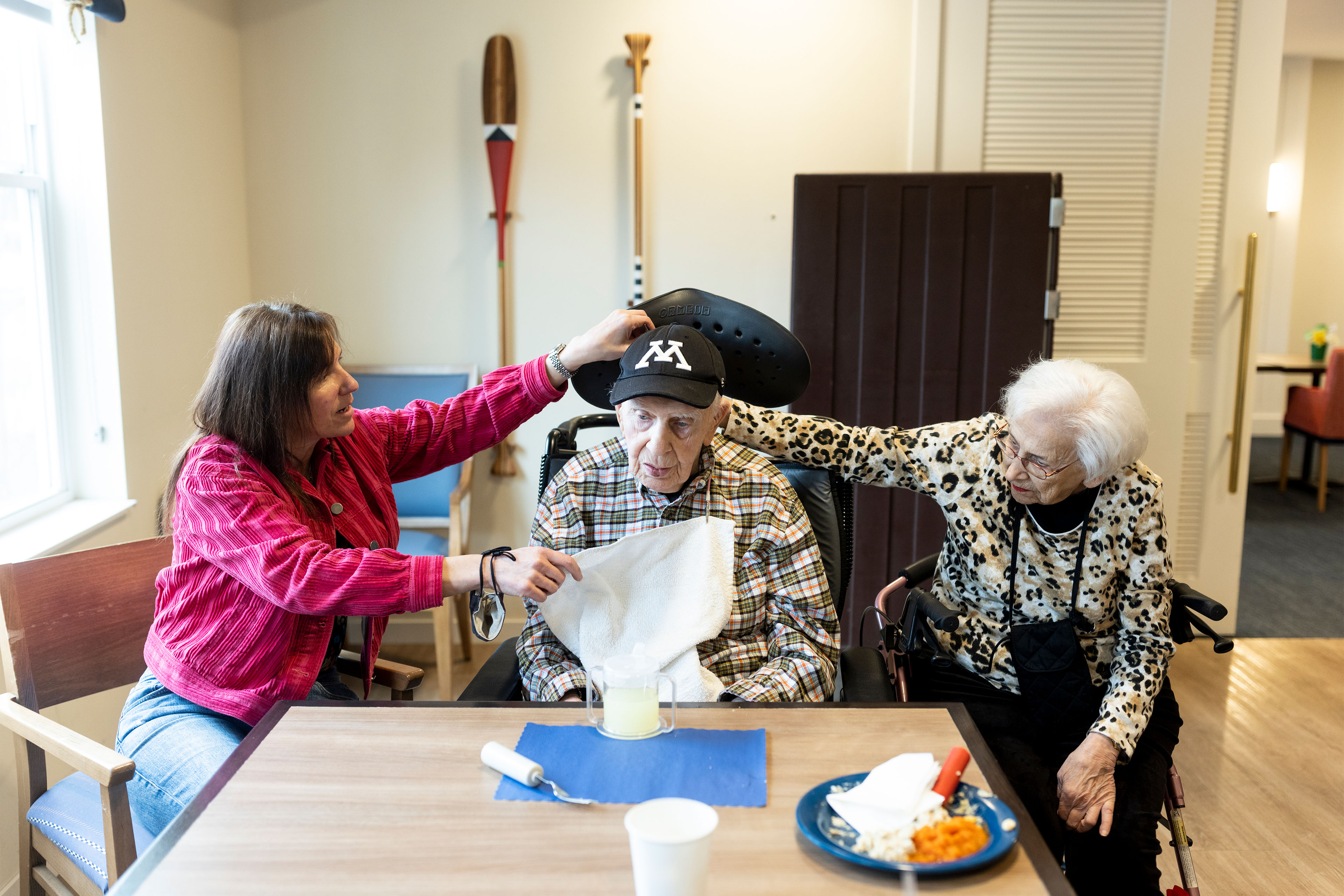Trusted Memory Care facilities providing constant support and security.
Trusted Memory Care facilities providing constant support and security.
Blog Article
The Value of a Comprehensive Program of Care in Assisted Living Settings
In aided living settings, the execution of an extensive program of treatment is important for dealing with the complex needs of citizens. By focusing on personalized treatment strategies and involving households in the procedure, these programs can considerably enhance wellness outcomes and high quality of life.
Recognizing Comprehensive Care Programs
As assisted living facilities continue to progress, comprehending thorough care programs ends up being crucial for both locals and their households. Comprehensive treatment programs are developed to resolve a large range of demands for people staying in assisted living atmospheres, making certain that each resident obtains customized assistance that shows their special wellness conditions and way of life choices.

Furthermore, extensive care programs stress sychronisation among various providers, ensuring smooth communication between caregivers, clinical workers, and relative. This incorporated method not only boosts the top quality of treatment but additionally cultivates a helpful community setting. Households play an important role in this process, joining care preparation and continuous discussions to make certain that the citizen's needs are consistently fulfilled. Understanding these programs is essential for making notified decisions regarding care choices and taking full advantage of the lifestyle for homeowners in nursing home.
Benefits for Locals

(Dementia Care Charlotte)One main benefit of detailed treatment is the improvement in wellness outcomes. Normal tracking and worked with medical care help in the early discovery and monitoring of chronic problems, lowering hospitalizations and emergency treatments. Residents benefit from improved social interaction, as organized tasks and programs cultivate a sense of neighborhood, fighting sensations of seclusion and isolation.
Furthermore, residents experience boosted comfort, recognizing that expert support is easily offered ought to they require assistance. This guarantee permits them to concentrate on appreciating their day-to-day tasks and preserving significant connections.
Role of Caregivers
Caretakers play a crucial function in the wellness of locals in assisted living centers, making sure that their requirements are met with compassion and expertise. They offer as the main factor of get in touch with for residents, providing crucial assistance in everyday activities such as showering, clothing, and medication management. Their visibility not only promotes physical wellness but likewise boosts emotional and social well-being by cultivating connections built on trust fund and understanding.
Along with sustaining daily living tasks, caregivers contribute in keeping an eye on changes in homeowners' health and wellness and behavior. They are educated to acknowledge refined signs of distress or decline, making it possible for prompt treatments that can stop problems. Their expertise of each citizen's unique background and preferences permits them to deliver tailored care, boosting the general lifestyle.
Moreover, caretakers serve as supporters for residents, connecting their needs and preferences to various other health care professionals and relative. This campaigning for is important in developing a holistic treatment setting that values the self-respect and freedom of each individual. Eventually, the devotion and skill of caregivers are crucial components of a detailed program of treatment, underpinning the success of assisted living settings.
Customizing Care Plans
While every resident in assisted living has distinct demands and choices, customizing care strategies is necessary to delivering reliable and tailored assistance. A one-size-fits-all technique to care can overlook crucial elements of specific health, potentially resulting in suboptimal results. Memory Care. A thorough assessment of each resident's health status, personal history, and lifestyle options is critical in establishing tailored care techniques.
The personalization process involves collaboration among medical care specialists, caregivers, and relative. By including input from all stakeholders, treatment plans can deal with not only medical demands yet likewise psychological and social aspects that contribute to overall lifestyle. Normal testimonials and updates to these plans guarantee that they remain pertinent as residents' conditions and choices advance gradually.
(Memory Care Facility Charlotte)Furthermore, personalized treatment strategies advertise a feeling of dignity and autonomy amongst homeowners, cultivating an environment where they feel valued and respected. This personalized approach not only enhances the effectiveness of care however likewise enhances the connection between caregivers and locals, creating a supportive community atmosphere. Inevitably, buying customized treatment planning is a foundation of offering premium assisted living services that meet the varied demands of citizens.
Enhancing Neighborhood Interaction
Structure on the structure of customized care strategies, boosting community engagement is a vital facet of boosting the general experience for locals in assisted living (Assisted Living). Energetic involvement in neighborhood activities cultivates social links, deals with feelings of isolation, and adds to emotional well-being. Facilitating possibilities for citizens to participate in group tasks, such as art courses, gardening, and workout sessions, produces an inclusive setting that promotes communication and partnership
Furthermore, incorporating citizens into the more comprehensive neighborhood through collaborations with regional companies can offer enriching experiences, such as offering and attending social events. This not just helps residents feel valued yet additionally strengthens connections with the surrounding community, enhancing their feeling of belonging.
Furthermore, motivating family involvement in community tasks is important. Memory Care. Family participants can function as crucial support group, helping to link the void between residents and the community. Normal household events and open online forums for conversation foster transparency and cooperation, guaranteeing that the treatment environment continues to be responsive to the requirements of all stakeholders
Conclusion
Finally, extensive treatment programs in assisted living settings play a vital duty in optimizing citizens' health. By dealing with see this clinical, emotional, and social demands, these programs not only boost lifestyle however additionally promote early detection of health and wellness problems, lowering the probability of hospitalizations. The participation of families in care planning reinforces support networks, promoting a dignified and autonomous living setting. Ultimately, such programs contribute considerably to the general health and wellness end results and complete satisfaction of locals.
Report this page